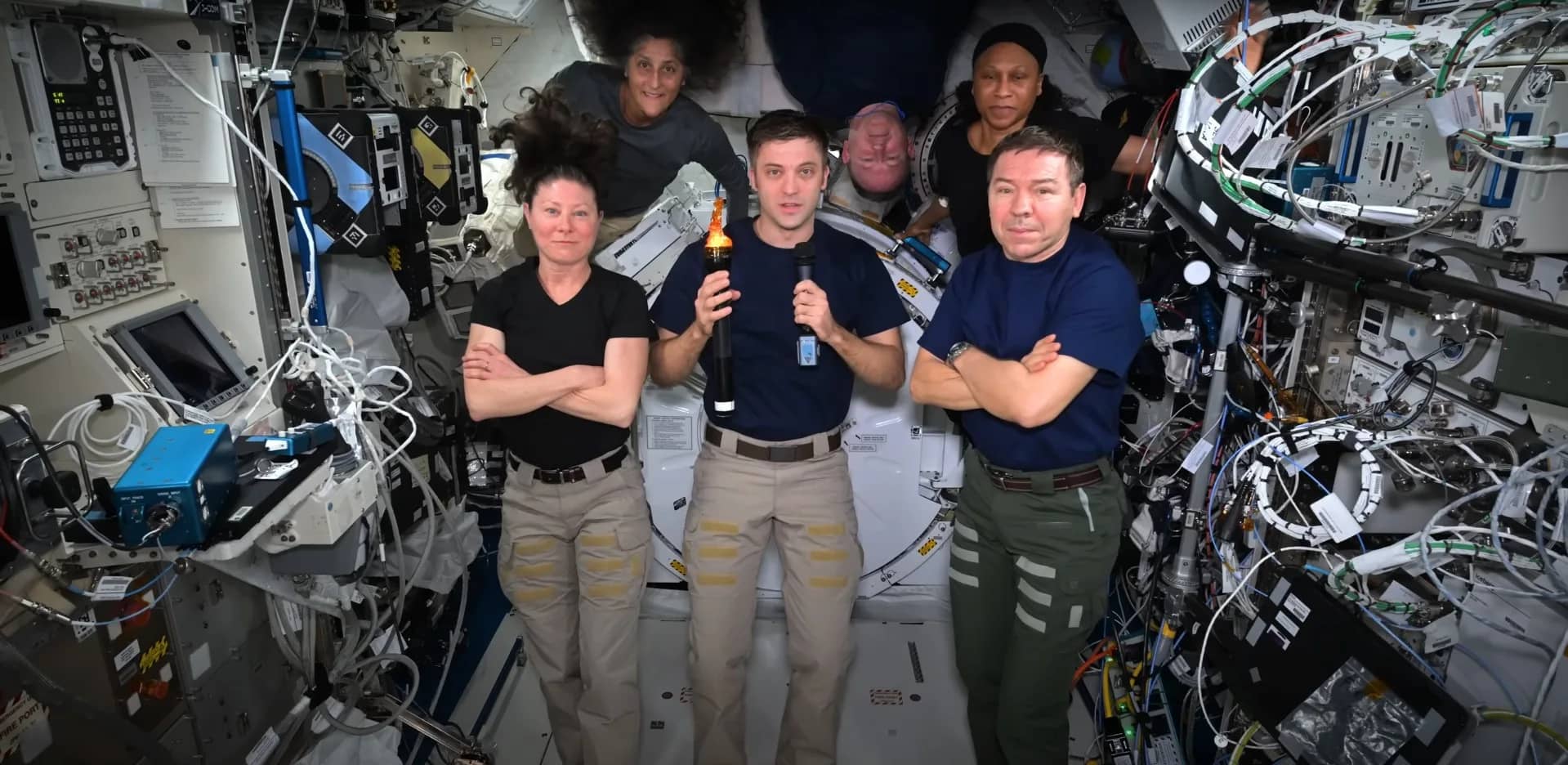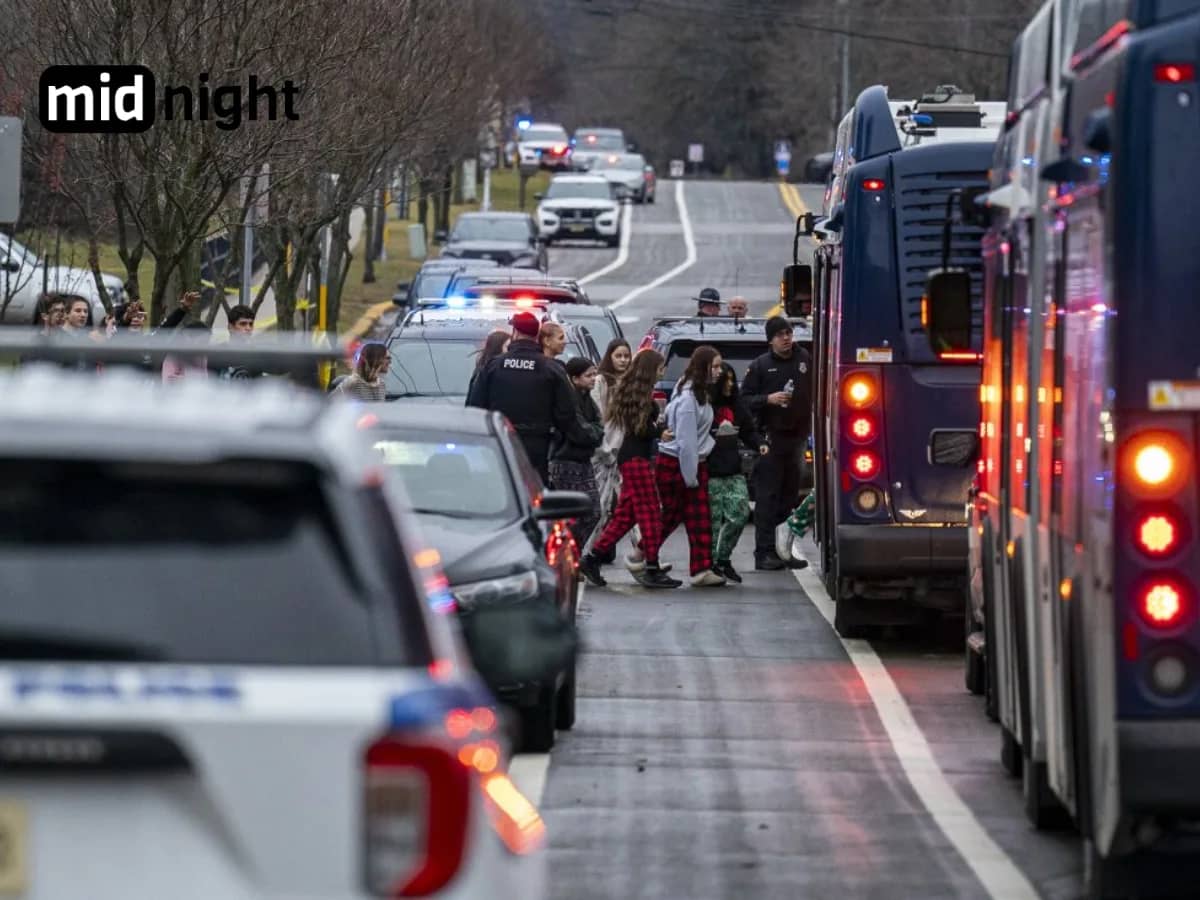In a significant blow to Boeing’s space ambitions, the company’s Starliner program has been hit with a financial loss of $125 million due to ongoing technical issues and delays. This brings the total loss to a staggering $1.6 billion since 2016. The Starliner spacecraft, launched on June 6, was intended to dock at the International Space Station (ISS) for an eight-day mission. However, propulsion system problems have extended the stay of astronauts Sunita Williams and Butch Wilmore by 56 days.
NASA Scrambles for Contingency Plan
As the situation unfolds, NASA is considering using a Crew Dragon capsule as a backup plan for the astronauts’ return. The space agency has also delayed the launch of SpaceX’s Crew-9 mission to September 24, citing the need to address the Starliner’s issues before accommodating another spacecraft at the ISS. This delay has a ripple effect, impacting the schedules of astronauts and scientists relying on the Crew-9 mission.
Boeing Remains Optimistic
Despite the setbacks, Boeing remains confident in the Starliner’s capabilities. Mark Nappi, Boeing’s vice president and program manager, emphasized that the mission has provided valuable data, which will help refine and improve the spacecraft for future missions. “We’re learning from these challenges and will apply those lessons to make Starliner an even better spacecraft,” Nappi stated.
Astronauts in Good Spirits
Astronauts Williams and Wilmore, who have been in space longer than anticipated, addressed the media on July 10, sharing their experiences and the ongoing efforts to repair their spacecraft. Despite the challenges, they remain in good spirits. “We’re focused on the task at hand and working closely with Boeing and NASA to get the Starliner back on track,” Williams said.
Read More : Imane Khelif : Her Medical Standards making her Controversial ? Know all the truth.
Technical Issues and Delays
The Starliner’s propulsion system problems began with a helium leak detected before launch, which was deemed manageable at the time. However, more than three weeks into the mission, the astronauts remain uncertain about their return date due to ongoing issues, including helium leaks and thruster failures. Boeing has conducted thruster test firings on the ground and in space to understand why five thrusters failed before the Starliner’s arrival at the space station. All but one thruster have come back online.
NASA tweets when Sunita Williams and Butch Wilmore meets to International Space Station Crew after Boeing Space Starliner’s first crewed journey from Earth.
That feeling when you're back on the station! 🕺
— NASA (@NASA) June 6, 2024
@NASA_Astronauts Butch Wilmore and Suni Williams are greeted by the @Space_Station crew after @BoeingSpace #Starliner's first crewed journey from Earth. pic.twitter.com/fewKjIi8u0
Financial Implications
The financial loss of $1.6 billion since 2016 raises concerns about the program’s viability. Boeing’s struggles with the Starliner have been costly, with $1.5 billion in cost overruns beyond its $4.5 billion NASA development contract. The company’s reputation as a reliable spaceflight partner is also at stake.
Competition with SpaceX
The Starliner’s delays and technical issues have given SpaceX’s Crew Dragon a significant advantage. As the primary vehicle for transporting astronauts to the ISS since 2020, Crew Dragon has proven itself to be a reliable and cost-effective option. Boeing faces an uphill battle to regain its footing in the competitive spaceflight market.
The Road Ahead
As Boeing works to address the technical issues, the space community watches with bated breath. Will the Starliner program recover from this turbulence, or will it face further setbacks? The answer lies in Boeing’s ability to rectify the problems and get the Starliner back on track. NASA’s confidence in the program will be crucial in determining its future.
Read More : Formula 1 – Most awaited Sport Drama film is in queue to release in 2025
International Implications
The Starliner’s issues have far-reaching implications for international cooperation in space exploration. NASA’s reliance on private partners like Boeing and SpaceX underscores the need for multiple options to ensure the continuity of space missions. The European Space Agency, the Russian space agency Roscosmos, and other international partners will be watching the situation closely.
Current Vice President of USA Kamala Harris congratulated team of astronauts for first kind of space travel on 6th June 2024
Starliner is on its way — congratulations to the team.
— Vice President Kamala Harris (@VP) June 6, 2024
Today’s launch marks an important milestone for the future of human spaceflight. Butch and Suni, you represent America’s leadership into the cosmos and make us proud. Safe travels on your mission. https://t.co/Jo9Br5EwEo
Conclusion
Boeing’s Starliner program faces significant challenges, with technical issues, delays, and financial losses threatening its viability. As the space community waits with bated breath, Boeing must address the problems head-on and restore confidence in the program. The road ahead will be challenging, but the potential rewards of a successful Starliner program make it a journey worth pursuing.
Discover more from Midnight India
Subscribe to get the latest posts sent to your email.











